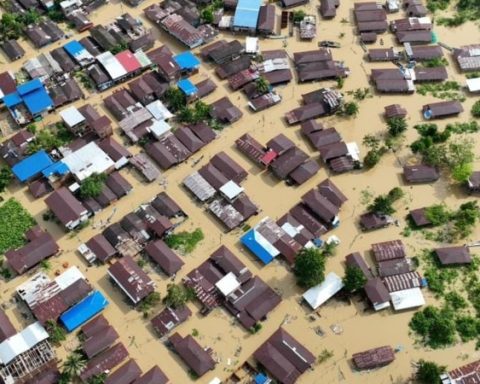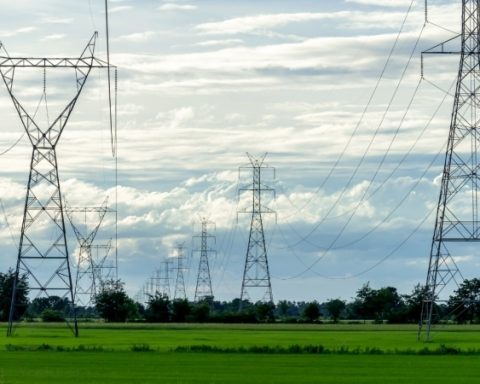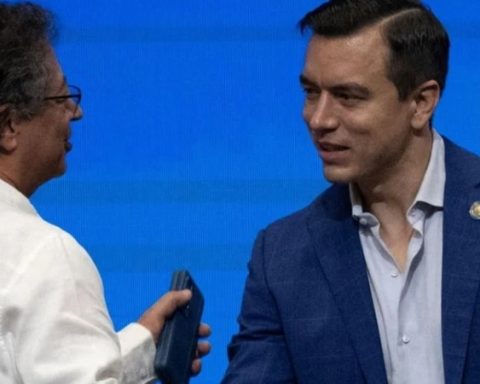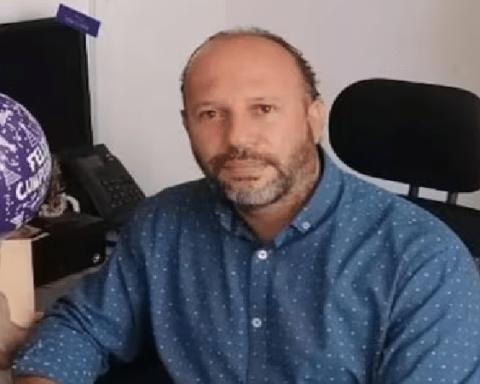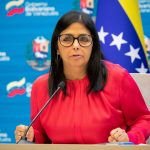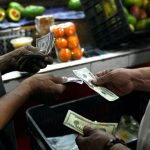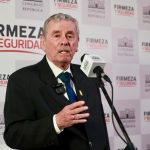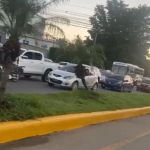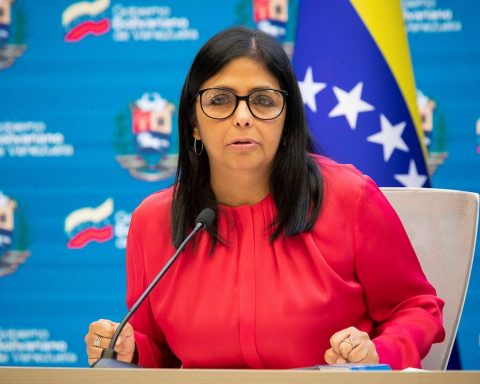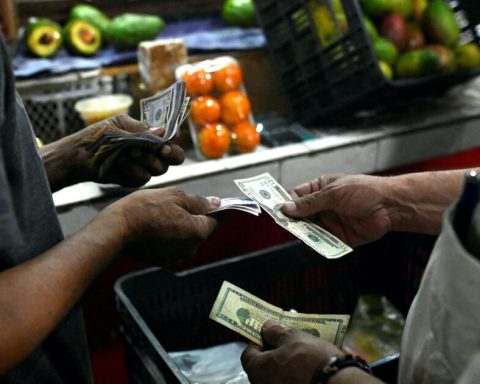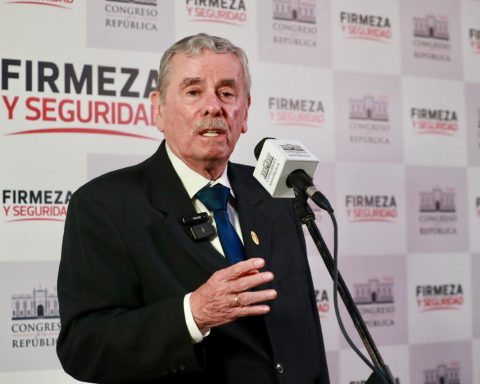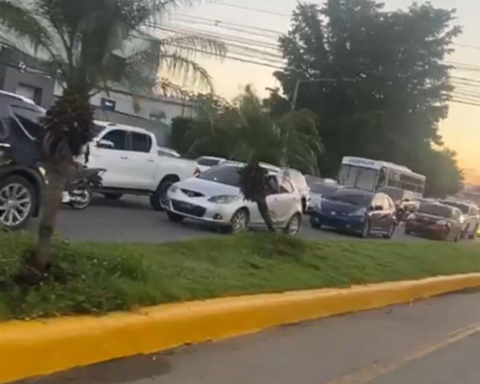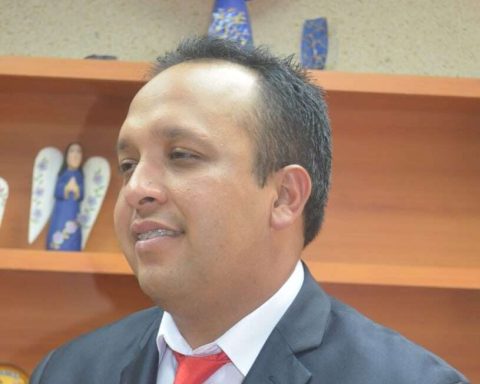This Monday, September 12, in the morning hours, President Gustavo Petro announced that the government would begin to buy fertilizers abroad and that will subsidize them.
(Read: Petro Government: the entities that are still missing for appointments).
The president stressed that the country currently imports fertilizers at “three times the price.” Therefore, he states that “national agriculture lost profitability and food prices skyrocketed, including those of national production, in part due to this embezzlement“.
Because of this deal, today we import fertilizers with triple the price. National agriculture lost profitability and food prices skyrocketed, including domestically produced ones, in part because of this embezzlement. pic.twitter.com/3X28WYnRk8
– Gustavo Petro (@petrogustavo) September 12, 2022
According to Corficolombiana, the international prices of urea, diammonium phosphate (DAP) and potassium chloride (KCL) are at levels close to the maximum registered in 2008, which has caused the price of fertilizers to grown at even triple-digit rates compared to 2020.
According to the self-sufficiency of primary fertilizers (nitrogen, phosphate and potassium), the report ‘Bioinsumos: Outlook and opportunities for Colombian agriculture’ suggests that Colombia only has 20% self-sufficiency, “a significantly low percentage” compared to countries like Russia, which has 378 % of production autonomy, like Germany, which has 120%.
Other countries that are above Colombia, in terms of production net are China (105%), the United States (102%), Spain (88%), Mexico (37%) and France (26%).
(Also: Minhacienda de Duque responds to Petro for statement on deficit).
The country has 20% self-sufficiency in primary fertilizers
istock
However, Jorge Bedoya, president of the SAC, had affirmed weeks ago that fertilizers weigh between 17% and 34% of production costs in Colombiawhich generates a high impact on farmers.
the war between Russia and Ukraine would also be having their impacts. Although the country already had a trade deficit with the belligerent territories before the conflict, it is evident that as a result of it, the exchange of goods with Ukraine has been reduced and instead increased with Russia. According to Dane figures, Bogotá has a trade deficit with Moscow of US$189 million at the end of the first semester and of US$19.2 million with kyiv.
(See: President Petro announces that gasoline prices will rise in the country).
BRIEFCASE



